--
Alice Munro won the Man Booker International, Raymond Carver's widow published a revised edition of What We Talk About When We Talk About Love, and fine collections appeared from old hands and debutantes. This year proved that reports of the short story's death have been greatly exaggerated.
2009 has proved that rumours of the death of the short story – so often forecast that almost every review of almost every collection seems duty-bound to repeat and thus propagate it – are greatly exaggerated. The consensus running through the end-of-year reviews is that it's been a vintage year for short fiction, and I agree. I come here to praise the short story, not to bury it.
Starting at the top, one of the world's greatest living short story specialists, and one of its greatest writers full-stop, took the 2009 Man Booker International prize. Canadian Alice Munro published her 14th collection, Too Much Happiness, earlier this year. A powerful grouping of stories more violent than her normal work, it shows her enormous talent remains undiminished as she nears her ninth decade.
Mavis Gallant is already well into hers, and while no new work is forthcoming an edition of her previously uncollected stories, The Cost of Living, has just been published. As for the brand new, this year saw collections from big names such as Kazuo Ishiguro, Ha Jin, Chimamanda Ngozi Adichie, James Lasdun, and this parish's own AL Kennedy.
Good work from the living, then, but notable new collections issued even from beyond the grave. Raymond Carver's Beginners reinstates the writer's original drafts of the stories that made up his definitive 1981 collection, What We Talk About When We Talk About Love; stories that his editor Gordon Lish famously and controversially reduced in length, in some cases cutting up to 78% of Carver's prose. I had misgivings before reading it, but Beginners is a fascinating document. The decision to publish these versions is controversial, but the logic behind his widow Tess Gallagher's desire to show the "connective tissue" between his pre- and post-Lish work seems sound. Additionally the endnotes, wherein the editors detail what revisions were made where and when, are like morsels of crack for Carver geeks.
This has also been an excellent year for debuts. I read David Vann's Legend of a Suicide and Wells Tower's Everything Ravaged, Everything Burned back to back, and while their shared interests – hunting, ichthyology, destructive rages, divorce, abuse and guns – might lie heavily on their readers' psyches, the quality of the writing precludes any chance of leaving them depressed. Both superb, Vann's book in particular suggests the arrival of a significant talent; one who can marry tremendous plot twists to an appealingly downbeat style that fans of Carver and Cormac McCarthy alike will thrill to.
In case you're wondering what Legend of a Suicide, supposedly a novel, is doing in a blog about short stories, it was originally published as a story collection in America. Vann told the Guardian he prefers the way the book is being sold in the UK, but really it sits somewhere between the two forms: the stories are discrete, but at the same time are all reactions to or descriptions of a single central event. Another book that hovers in this enjoyable and I think fertile space between the story collection and the novel is this year's Pulitzer winner, Elizabeth Strout's Olive Kitteridge, a story cycle set in Crosby, Maine, and presided over by the retired schoolteacher of the title. It's sold upwards of 400,000 copies so far: impressive for a literary novel, extraordinary for short fiction.
Of course, all this jubilation would be Panglossian without some acknowledgement of the short story market's real and present downsides. In the US it's commonplace for short story writers to get a deal for their first collection only on the proviso that a novel follows, a business practice that casts short story-writing as apprentice work. In the UK it's worse still, with story collections treated like dirty secrets to be snuck out in disguise (pace Penguin's strategy with Vann), with only a determined study of the back cover revealing the truth. And I don't know if it's a case of reading practices following publishing's lead or vice versa, but I'm constantly surprised and disheartened by the number of readers who tell me they don't read short stories, as if they were a homogenous type that could be not to your taste like, say, policiers.
I do see more reason to celebrate than to mourn, however. Radio 4 broadcasts nearly 150 stories a year; the Atlantic's recent decision to sell short stories via its Kindle store inspires hope for a vibrant market for individually sold shorter works, while flash fiction and sites dedicated to the short story continue to proliferate online.
This year saw the US publication of the Collected Stories of Lydia Davis, a particular favourite of mine, whose sharp, hilarious, often minuscule fictions have long had a small but dedicated following. She's the next subject in the short story series I've been writing for the last couple of years, and in the words of the New Yorker her body of work "will in time be seen as one of the great, strange American literary contributions, distinct and crookedly personal." Hamish Hamilton have just picked up the UK rights, so British readers as yet unfamiliar with her will soon have an even better chance to find out how good she is. It looks like 2010's already shaping up to be another good year.
--
Chris Power, The Guardian, Tuesday 29 December 2009




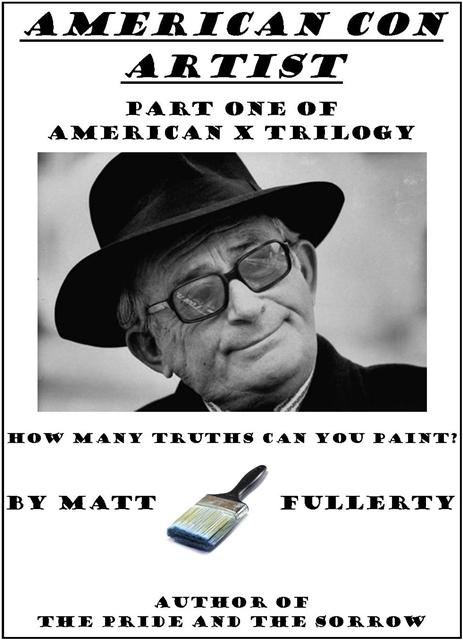cropped.jpg)
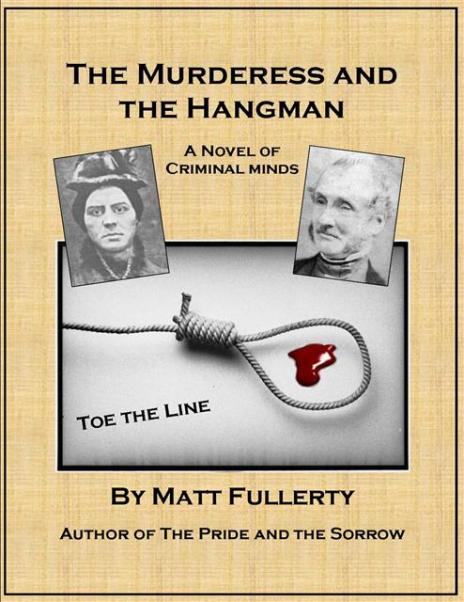.jpg)
cropped.jpg)
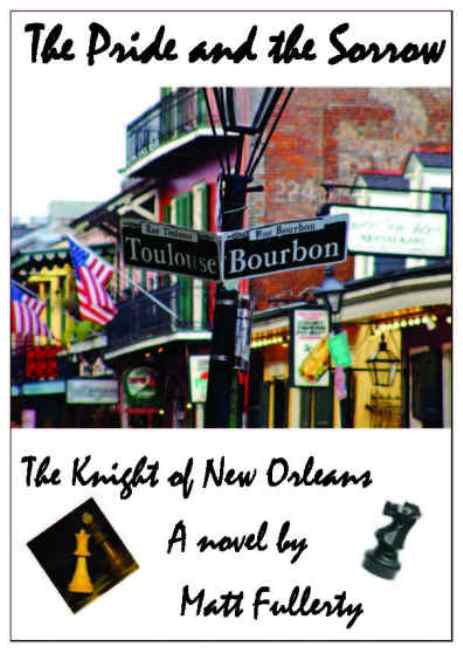2.jpg)
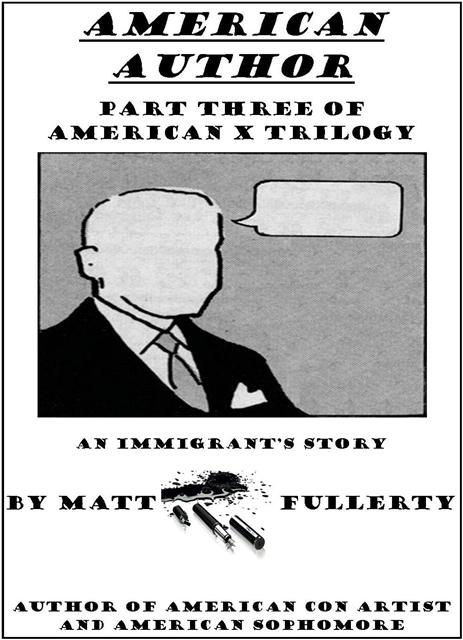Cropped.jpg)
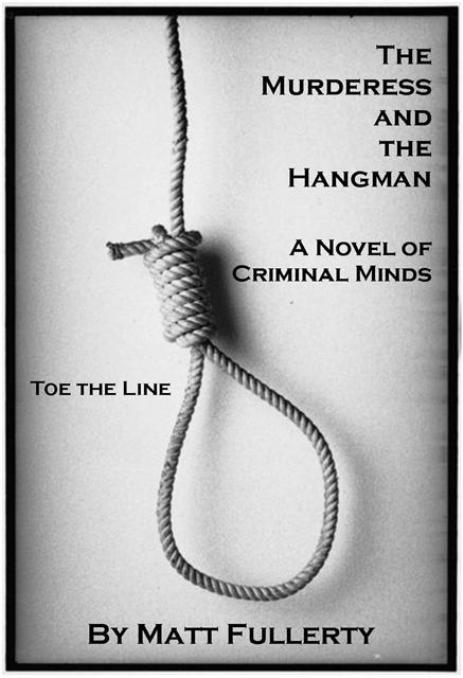cropped.jpg)
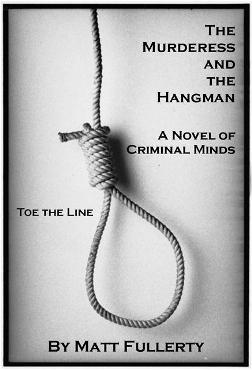4.jpg)























Your blog keeps getting better and better! Your older articles are not as good as newer ones you have a lot more creativity and originality now keep it up!
ReplyDeleteHey I'd like to thank you for such a great made forum!
ReplyDeleteJust thought this is a nice way to make my first post!
Sincerely,
Robin Toby
if you're ever bored check out my site!
[url=http://www.partyopedia.com/articles/cowboy-party-supplies.html]cowboy Party Supplies[/url].
Good day, sun shines!
ReplyDeleteThere have were times of troubles when I didn't know about opportunities of getting high yields on investments. I was a dump and downright pessimistic person.
I have never imagined that there weren't any need in large starting capital.
Now, I'm happy and lucky , I begin take up real income.
It gets down to select a correct companion who uses your money in a right way - that is incorporate it in real business, parts and divides the income with me.
You may ask, if there are such firms? I'm obliged to answer the truth, YES, there are. Please get to know about one of them:
http://theblogmoney.com
Hello!
ReplyDeleteYou may probably be very curious to know how one can manage to receive high yields on investments.
There is no initial capital needed.
You may begin to get income with a money that usually is spent
for daily food, that's 20-100 dollars.
I have been participating in one project for several years,
and I'm ready to let you know my secrets at my blog.
Please visit blog and send me private message to get the info.
P.S. I make 1000-2000 per day now.
[url=http://theinvestblog.com] Online investment blog[/url]
Hi There I'd like to thank you for such a great made forum!
ReplyDeleteI was sure this would be a nice way to introduce myself!
When trying to collect assets it is usually a good plan to begin a savings or investing plan as early in life as imaginable. But don't despair if you have not started saving your money until later on in life. Through honest work, that is exploring the best investment vehicles for your money you can slowly but surely increase your riches so that it measures to a sizable amount by the period you hope to retire. Review all of the applicable asset classes from stocks to real estate as investments for your money. A knowledgeable and diversified portfolio of investments in different asset classes can make your money mature throughout the years.
-Chandra Clavette
[url=http://urwealthy.com]currency exchange rates[/url]